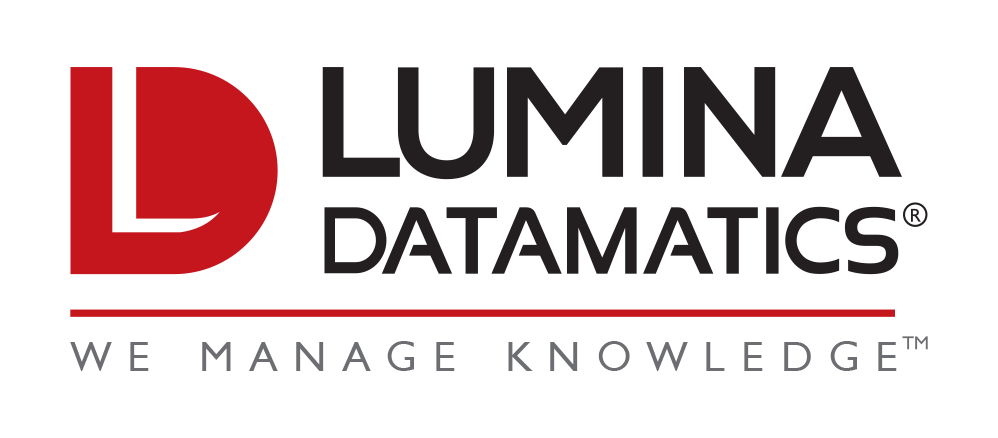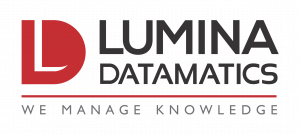Publishers hold a decisive role in curriculum development. The primary focus of a curriculum is on the nature of the content to be taught. Curriculum development has ignored publishers as there has been a gradual focus on the role of educators.
Although training programs often evolve and operate across multiple geographical markets, the challenge is to maintain curriculum content consistency and accuracy across a diverse training landscape with various languages, countries, and cultures, eliminating wasteful repetition whenever possible. A custom-developed course or curriculum may be the best solution when commercially available training courses do not fit into unique learning objectives.
A strong curriculum reflects the range of interests, prior knowledge, learning styles, and student abilities. Well-crafted content is the key to successful education and training. Any piece of content should serve the strategic goals, but more importantly, the content should always be useful to the audience you’re hoping to reach. The content has to be visually attractive so that the target audience can consume it on the go via any device such as smartphones or tablets.
Content analysis is an essential aspect for publishers during curriculum content development. It can generate thousands of social shares, new email subscribers, and tons of comments. The curriculum designed by publishers needs to be rigorous for it to be challenging but not to the point which causes students to lose interest.
Educational publishers benefit from curriculum development by producing learning resources based on research and trials, and are designed to stimulate academic success, adapted to the changing needs of learners and their teachers, and are fit for purpose.
Educational publishers help implement curriculum change quickly and efficiently and deliver quality content by investing in authorial skills and editorial refinement. They also develop and elaborate content across all offline and digital platforms.
On the curriculum side, educational technology has extended the demonstration techniques and adapted simulation methods. The pace of implementation is variable, but this transition has led educational publishers to develop a wide range of innovative new tools and content in digital, print, and blended formats.
Designing a curriculum will work backward from standards to assessments to the design of the learning experiences. The curriculum document will be developed, used, refined, and improved based on performance data from student work and feedback from faculty and students.
Educational publishers outsource their content development needs as it helps them achieve their business objectives. Publishers and content creators aim at engaging with developers to understand quality requirements for online material. This turns out to be an opportunity for the players in the content development industry to give their input in readiness to implement the standards.
Sources:





0 Comments